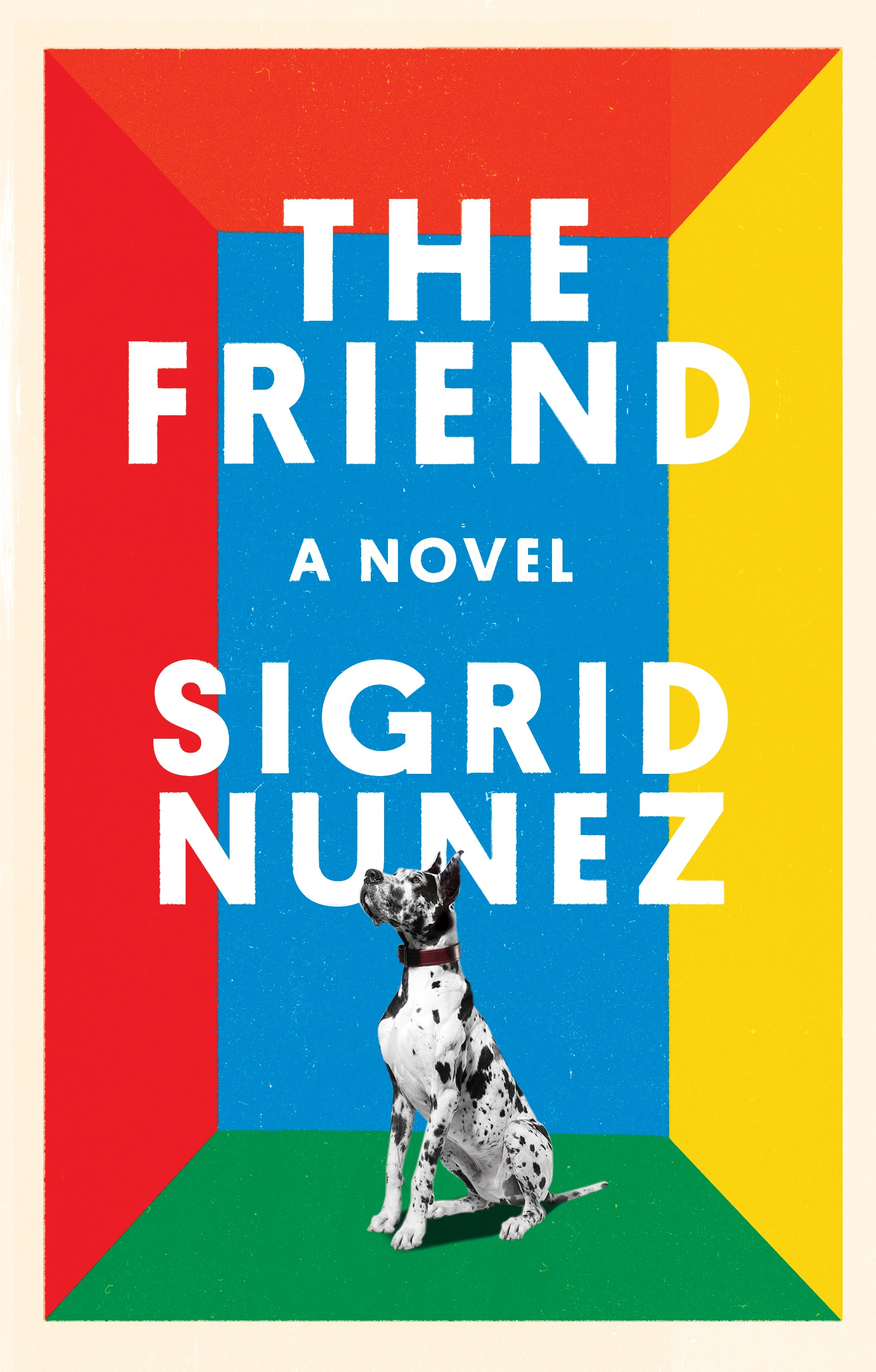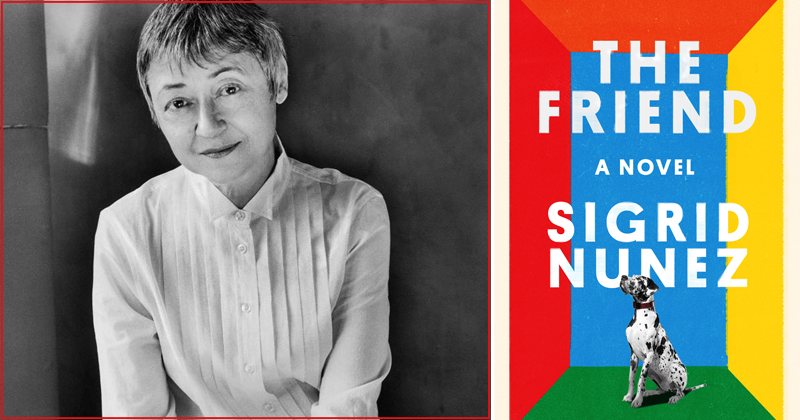



We later learn that the mentor had told his wife to give Apollo to the narrator if anything happened to him. Wife Number Three) and caused her to ask the narrator to adopt him. His howling irritated the mentor’s third wife (a.k.a. She discusses postmodern fiction, qualities of good writing, the perils of publishing quality literature and the difficulties of caring for a grieving dog while suffering from depression.Īfter her mentor killed himself, his dog sat at the door and continually howled in mourning. The narrator mentions students who take the sex scenes out of their stories in order to workshop their writing, believing they might be expelled in the #MeToo era. This is also a story about teaching students who dislike reading and consider it senseless to study literary classics because they are not bestsellers. “They remind me of yours.” The statement is key to this postmodern novel, where what you see is what you get. The dog’s “large hazel eyes are strikingly human,” the narrator writes to her mentor, who committed suicide. The multifaceted narrative primarily attempts to process the consequences of a mentor’s suicide through the writing of a lengthy letter that is suffused with “Catholic guilt.” Part of the enterprise is his Great Dane, named Apollo, who, as the narrator describes him, is good, kind, smart, warm, loyal, honest and, like the Greek god, inspirational-everything that most people are not. Several friends are mentioned in the novel, but the three friends significant to the story are an unnamed narrator, her unnamed mentor and a dog. Although the title would seem to refer to the dog pictured on the cover, the storyline is deliberately ambiguous-like almost everything in this book. Sigrid Nunez mines the effect of suicide on family, friends and even the pet dog in her National Book Award winner, The Friend.


 0 kommentar(er)
0 kommentar(er)
